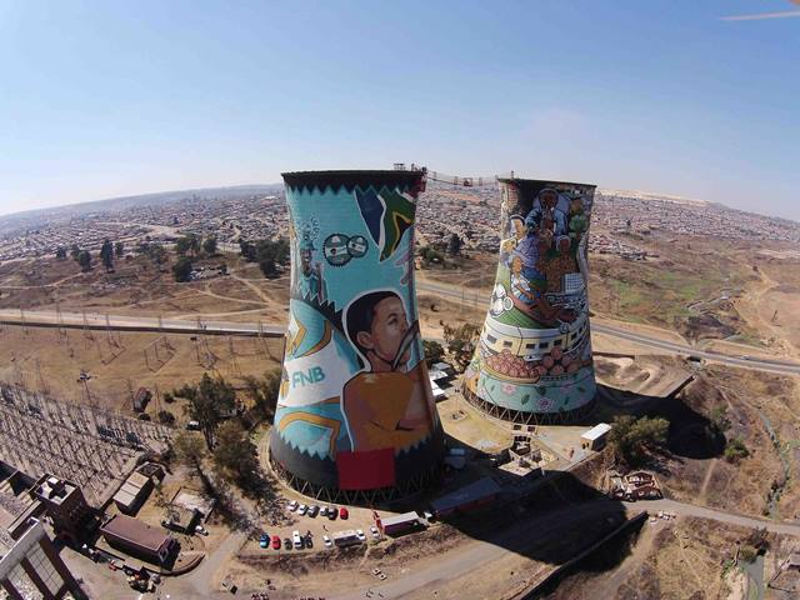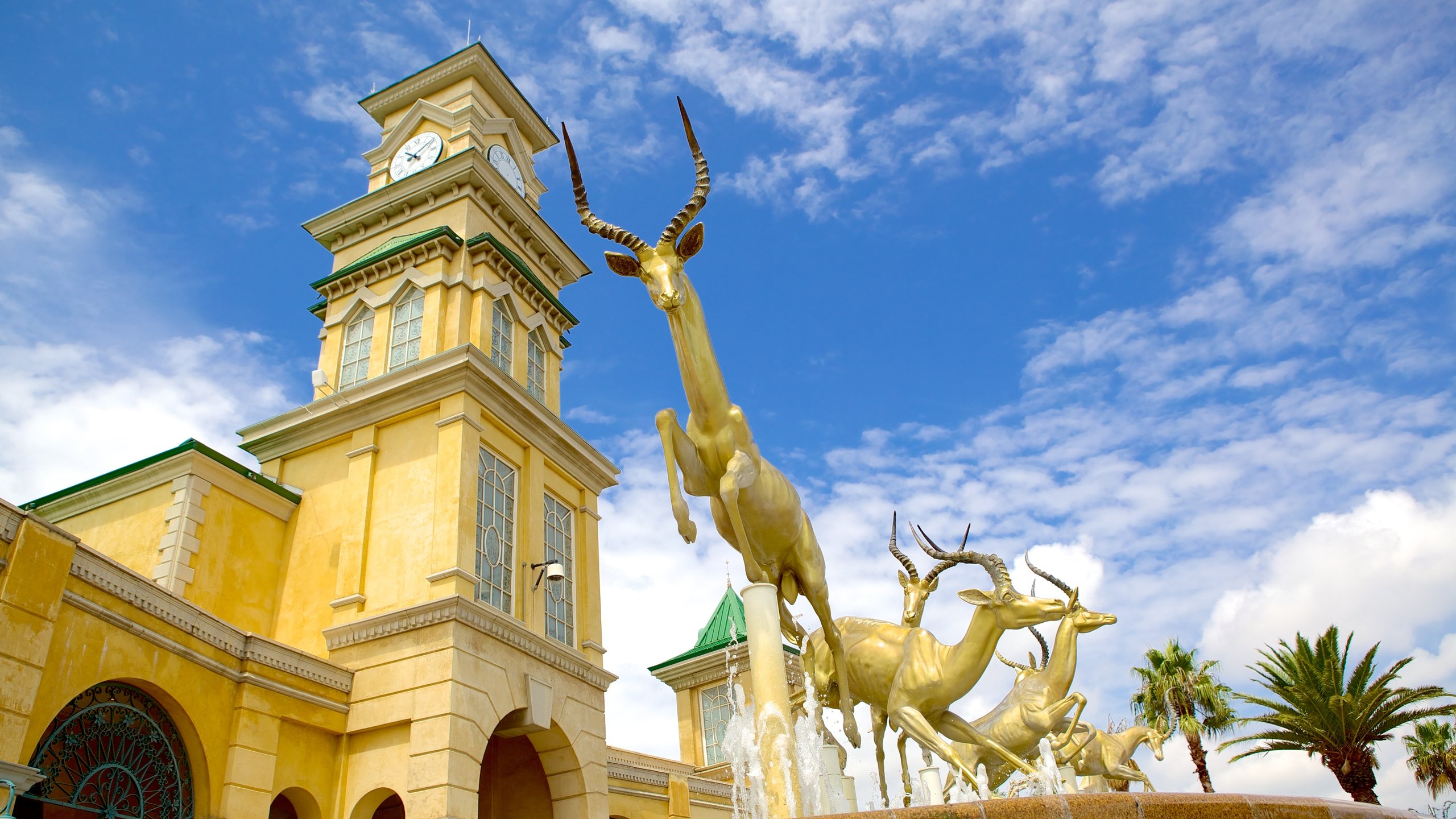Rumored Buzz on Johannesburg North Attractions
Rumored Buzz on Johannesburg North Attractions
Blog Article
The Definitive Guide to Johannesburg North Attractions
Table of ContentsThe Best Strategy To Use For Johannesburg North AttractionsJohannesburg North Attractions for Beginners4 Easy Facts About Johannesburg North Attractions Explained10 Easy Facts About Johannesburg North Attractions ShownThings about Johannesburg North AttractionsThe Best Guide To Johannesburg North AttractionsGetting The Johannesburg North Attractions To Work
Nevertheless you must keep protection in mind and tourists need to continue to be alert in any way times when in unfamiliar surroundings. Talk to the locals when you remain in town to discover the location you are remaining in. Johannesburg North attractions. When on the street (this doesn't put on mall and various other protected atmospheres) ideal basic recommendations is to attempt your best to appear like a local and to avoid showing any type of kind of wide range
How Johannesburg North Attractions can Save You Time, Stress, and Money.
Teacher Revil Mason O. J. (Thomson, 1946) discovered the Witwatersrand's pre-colonial background. His historical work exploded the 'em pty land' myth, according to which the region was lacking human habitation prior to the arrival of European inhabitants. In his publications Prehistory of the Transvaal: A Record of Human Activity (1962) and Origins of Black People of Johannesburg and the Southern Western Central Transvaal AD 3501880 (1986 ), Professor Mason demonstrated the extent of social and economic development in the area before Europeans set foot here.

Excitement About Johannesburg North Attractions
In 1878, David Wardrop located gold in quartz veins at Zwartkop, north of Krugersdorp. In 1881, Stephanus Minnaar came across gold on the ranch Kromdraai, near the Cradle of Mankind.
In March 1886, a protrusion (quickly to be called the Key Coral reef) was discovered, rather fortunately, on Gerhardus Oosthuizen's ranch Langlaagte. Some state that the Lancastrian coal miner George Pedestrian found this reef. One more itinerant English prospector, George Harrison (who had actually formerly operated in Australian mines) gotten a prospecting permit in respect of Langlaagte in Might 1886.
He decided to go on in a pursuit for greener fields, and disposed of his Langlaagte insurance claim for the baronial amount of 10. Alas: under lay the wealthiest goldfield ever discovered. The exploration of this abundant auriferous reef provoked a gold thrill that signified completion of bucolic tranquillity in the southerly Transvaal.
It would certainly, within 6 years, end up being the largest community in southerly Africa. Within a decade, it would make the Z. A. R. till after that an anarchical and insolvent little state the most affluent country in Africa. By the millenium, the Z. A. R. was to exceed Russia, Australia and the United States of America to come to be the world's leading gold producer, creating greater than a quarter of the world's gold.
Facts About Johannesburg North Attractions Uncovered
It was referred to as Ferreira's Camp, called after Colonel Ignatius Ferreira. He was a Boer traveler upon whom the British authorities had presented the status of Friend of one of the most Identified Order of St Michael and St George (entitling him to the post-nominal letters C. M. G.) in gratefulness for his function in the battle that had deposed the Pedi king Sekhukhune in 1879.
2 various other camps were established: Meyer's Camp on the farm Doornfontein, and Paarl Camp. The latter was nicknamed Afrikander Camp; numerous individuals from the Cape Swarm settled there.

Johannesburg North Attractions Fundamentals Explained
This name obtained currency by word of mouth, such that the State Assistant a knockout post affirmed the name to the Mining Commissioner on 9 October 1886. Stands in the village were auctioned on 8 December 1886. While some stands were sold for 10, others were torn down for as little as sixpence.
Two years later on, these erven were to change hands for as long as 750 each. The tented camps decreased as a dorp of corrugated iron buildings created and expanded north of the mines located along the Key Reef Road. Locations such as Jeppe's Town (where working-class immigrants erected their dwellings) and Doornfontein (where the wealthy new 'Randlords' began to construct their luxurious homes) were quickly added to the ever-expanding map of the town.
A Biased View of Johannesburg North Attractions
Apart from the street names, there were no indicators of Johannesburg being situated in a Dutch-speaking nation., virtually every person talked English and even the Government slaves resolved one in English, unless they were initial attended to in the Taal (or Low Dutch)'.
Therefore, Britain had a rate of interest in making sure ideal conditions for gold production on the Witwatersrand, which the gold was exported to London instead of Berlin a necessary provided all the extra clamant by the Z. A. R - Johannesburg North attractions.'s boosting toenadering with Germany. Mine owners got on an accident training course with Head of state Kruger, whose plan of monopolistic concessions (frequently provided to his cronies) stopped mining companies from acquiring materials of products (particularly dynamite) and next work by themselves, less costly terms
See This Report about Johannesburg North Attractions
In 1890, the Volksraad had actually limited the franchise to white men who had lived in the Z. A. R. for fourteen years or longer, hence disqualifying most of the immigrants (who occurred to be the significant factors to the fiscus). However, agitation for the vote was a mere pretext for advertising look at this now a various schedule; the majority of uitlanders regarded themselves as short-term site visitors and had no intent of continuing to be in the Z.
Report this page